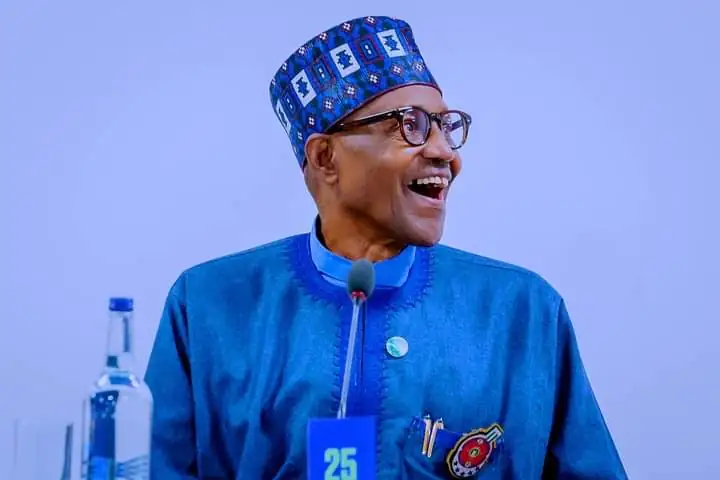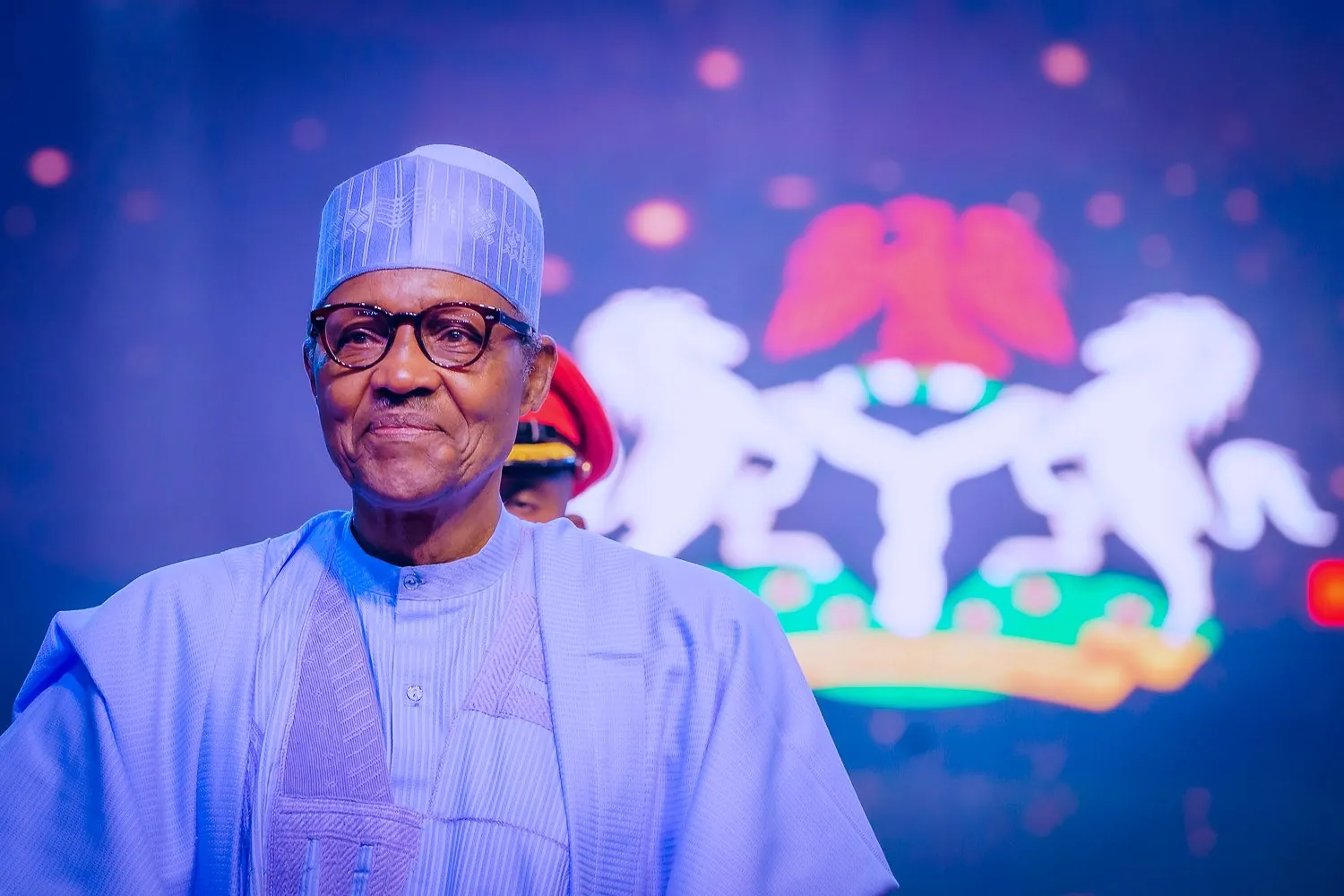Former Nigerian President Muhammadu Buhari has died in a London clinic at the age of 82, after a long illness. The news of his death was announced by his family and confirmed by government officials. Buhari’s passing marks the end of an important chapter in Nigeria’s history, and people across the country are reflecting on his legacy as a military leader and later as a democratically elected president.
The Announcement of Buhari’s Death
Buhari’s death was confirmed by his spokesperson, Garba Shehu, who shared the news on social media. The statement said that the former president died in the afternoon at a clinic in London, where he had been receiving treatment for several weeks. President Bola Tinubu also confirmed the news and expressed his condolences to Buhari’s family.
As a mark of respect, President Tinubu ordered that all national flags be flown at half-mast. The Vice President, Kashim Shettima, was sent to London to help bring Buhari’s body back to Nigeria for burial.

Buhari’s Health and Final Days
Buhari had a history of health problems, especially during his time as president. He made many trips to London for medical treatment, which often led to public concern and debate. In recent months, his health had improved after he left office, but it worsened again in April 2025. He was admitted to a London clinic and remained there until his death.
Despite reports of his condition, his family and aides had often reassured the public that he was stable and responding well to treatment. However, in the end, he succumbed to a prolonged illness, which sources say was leukaemia.
Buhari’s Life and Career
Muhammadu Buhari was born in December 1942 in Daura, Katsina State. He joined the military and rose through the ranks, becoming a general. In 1983, he led a military coup and became the Head of State, ruling until 1985 when he was overthrown in another coup.
After many years out of power, Buhari returned to politics as a civilian. He ran for president three times before finally winning in 2015, becoming the first opposition candidate to defeat an incumbent president in Nigeria’s history. He was re-elected in 2019 and served until 2023.
Buhari’s Legacy as a Leader
Buhari’s legacy is complex and will be remembered in different ways by different people. As a military leader, he was known for his strict and disciplined approach. He tried to fight corruption and restore order, but his rule was also marked by tough measures and human rights concerns.
As a democratic president, Buhari promised to fight corruption, improve security, and create jobs. He had many supporters, especially in the north of Nigeria, who believed in his honesty and military experience. However, his presidency faced many challenges, including economic problems, ongoing security threats, and criticism over his health and frequent trips abroad.
The Impact of Buhari’s Leadership
Under Buhari, Nigeria faced some of its most difficult economic times, partly due to falling oil prices. The country also struggled with security problems, including the Boko Haram insurgency, banditry, and clashes between farmers and herders.
Buhari’s government was criticized for not doing enough to solve these problems. However, he was also praised for his anti-corruption efforts and for being a man of integrity in a country where corruption is a big problem.
Public Reaction to Buhari’s Death
The news of Buhari’s death has been met with sadness and reflection across Nigeria. Many people remember him as a leader who tried to do what he thought was right, even if he did not always succeed. Others have mixed feelings about his legacy, remembering both his strengths and his weaknesses.
Here is a quote from a Nigerian citizen:
“Buhari was a man of few words but strong principles. His legacy will be debated for years, but no one can deny his impact on Nigeria.”
The Role of the Media and Public Opinion
Buhari’s health and his frequent trips to London for treatment were often in the news. Some people criticized him for not using Nigerian hospitals and for spending public money on medical tourism. Others understood that he needed the best care possible and supported his right to seek treatment abroad.
The lack of information about his health also led to rumors and conspiracy theories, especially during his long absences from the country.

The Future After Buhari
With Buhari’s passing, Nigeria has lost a major figure in its recent history. His death is a moment for the country to reflect on its past and to think about the future. Many people hope that his legacy will inspire future leaders to work for the good of the country and to fight corruption.
The government has promised to give Buhari a dignified burial and to honor his memory. Details about the funeral arrangements are expected to be announced soon.
The Importance of Legacy
Buhari’s legacy is not just about his successes or failures. It is also about the example he set as a leader and the values he stood for. He was known for his honesty, discipline, and commitment to Nigeria. These qualities are important for any country, and they will be part of how Buhari is remembered.
The Global Reaction
News of Buhari’s death has also been reported around the world. International leaders and organizations have sent messages of condolence. Many people recognize Buhari’s role in Nigerian and African politics and his efforts to fight corruption and improve security.
The Lessons from Buhari’s Life
Buhari’s life shows that leadership is not easy. He faced many challenges, both as a military leader and as a civilian president. He made mistakes, but he also tried to do what he thought was best for Nigeria.
His legacy is a reminder that leaders must be honest, courageous, and willing to make tough decisions. It is also a reminder that no leader is perfect, and that every leader’s work must be judged with fairness and understanding.
Conclusion
Former President Muhammadu Buhari has died at the age of 82 in a London clinic, after a long illness. His death marks the end of an important era in Nigeria’s history. Buhari’s legacy as a military leader and as a democratically elected president will be remembered and debated for years to come.
He was a man of strong principles and deep commitment to Nigeria. His life and leadership have left a lasting impact on the country and its people.
Stay woke. Stay tuned. Stay with AKEWE NEWS.